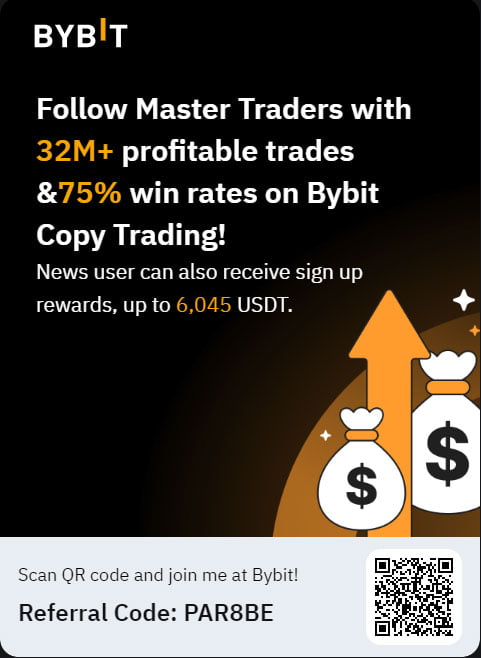Robinhood is a popular trading platform, but let’s face it—it’s been surrounded by much controversy. Users have found plenty to criticize, from the GameStop trading frenzy to concerns about hidden fees and the controversial decisions to restrict trading at critical moments. But if you’re looking for reliable alternatives to Robinhood, you’re in the right place! […]
The post Top 10 Stocks and Crypto Robinhood Alternatives & Competitors appeared first on Coindoo.
Robinhood is a popular trading platform, but let’s face it—it’s been surrounded by much controversy. Users have found plenty to criticize, from the GameStop trading frenzy to concerns about hidden fees and the controversial decisions to restrict trading at critical moments.
But if you’re looking for reliable alternatives to Robinhood, you’re in the right place!
-----Cryptonews AD----->>>Sign up for a Bybit account and claim exclusive rewards from the Bybit referral program! Plus, claim up to 6,045 USDT bonus at . https://www.bybit.com/invite?ref=PAR8BE
<<<-----Cryptonews AD-----
This article will present not just 1, 2, or 3, but 10 outstanding stock and cryptocurrency trading alternatives appropriate for advanced and beginner investors.
Additionally, you will find platforms where you can opt for mutual funds, options trading, ETFs, forex, and commodities. Whether you’re a seasoned investor or just starting out, these platforms offer diverse features and benefits to suit your trading needs.
Why Would Anyone Look for Robinhood Alternatives?
Robinhood, the app that democratized stock trading with its commission-free model, has become a popular entry point for crypto investors. However, several factors are prompting users to explore alternative platforms.
One primary concern is Robinhood’s limited selection of cryptocurrencies. While it offers popular coins like Bitcoin and Ethereum, it lags behind competitors when discussing its variety.
Another point of contention is the series of controversies Robinhood has faced. These include outages during periods of high market volatility, restrictions on trading during the “meme stock” frenzy of early 2021 (like GameStop), and settlements with regulators regarding misleading information about how it makes money.
These incidents have eroded user trust and pushed some towards platforms perceived as more reliable or transparent.
Besides, while initially attractive for stock trading, Robinhood’s fee structure may not be ideal for frequent crypto transactions. While they don’t charge commissions, their spread fees can eat into profits for active traders.
This, coupled with the lack of advanced features like margin trading or staking rewards offered by other platforms, incentivizes some users to seek more comprehensive crypto investment experiences.
The “meme stock” episode with GameStop in early 2021 was a particularly sore point for many Robinhood users. During a period of intense retail investor interest that drove the stock price up dramatically, Robinhood controversially restricted trading on GameStop and other volatile stocks.
This move left many users feeling frustrated and powerless, fueling the search for alternative platforms that prioritize user control and unrestricted market access.
The Best 10 Robinhood Alternatives to Get Started
Regarding Robinhood alternatives, it’s essential to start with stock trading platforms since Robinhood was originally created to democratize investing in the stock market, making it accessible to everyone.
Therefore, in this article, we will first provide alternatives to Robinhood, focusing on stock market trading. After covering stock trading platforms, we will also explore Robinhood alternatives for cryptocurrency trading.
By understanding the various available options, investors can make informed decisions about the best platforms to suit their needs, whether focused on traditional stocks or the growing world of cryptocurrencies.
This comprehensive approach ensures that you understand the trading landscape broadly, regardless of your investment preferences.
Top 5 Robinhood Alternatives for Stock Trading
Interactive Brokers
- Best for: Active traders seeking advanced features, a wide range of assets, and access to global markets.

Interactive Brokers is an excellent choice (if not the best) for traders looking for a platform with a wide range of investment options and powerful trading tools.
It offers a sophisticated trading experience through its Trader Workstation (TWS), which includes advanced charts and detailed analysis features.
This platform is perfect for professional traders who want to take their trading to the next level.
Additionally, Interactive Brokers provides access to over 150 global markets, allowing users to trade a variety of assets, such as stocks, options, ETFs, cryptocurrencies, futures, forex, bonds, and more.
- Fees: Regarding Interactive Brokers fees, the commission structure offers a per-share minimum of $0.005 or $1, whichever is higher, capped at 1% of the trade value.
However, US clients on the IBKR Lite plan enjoy free stock and ETF trades. For cryptocurrency transactions, commissions range from 0.12% to 0.18%.
- Minimum investment: $0 for IBKR Lite plan and $100 for other accounts.
Pros of Interactive Brokers
- Wide range of investment options – Trade stocks, options, ETFs, cryptocurrencies, futures, forex, bonds, mutual funds, CDs, and precious metals.
- Advanced trading tools – Includes TWS with integrated charts and analysis tools.
- Global market access – Trade in over 150 markets worldwide.
- Competitive pricing – Low trading fees and commission-free options for US clients on the IBKR Lite plan.
- Strong security – High-level protection for investments and personal data.
Cons of Interactive Brokers
- Steep learning curve – Advanced tools might be difficult for beginners to use.
- Complex fee structure – Fees and commissions can be confusing.
- Minimum balance requirements – Some features, like earning interest on cash, need a $10,000 balance.
- Inconsistent customer support – Live chat support is often unreliable.
Charles Schwab
- Best for: Advanced trading and comprehensive customer service.
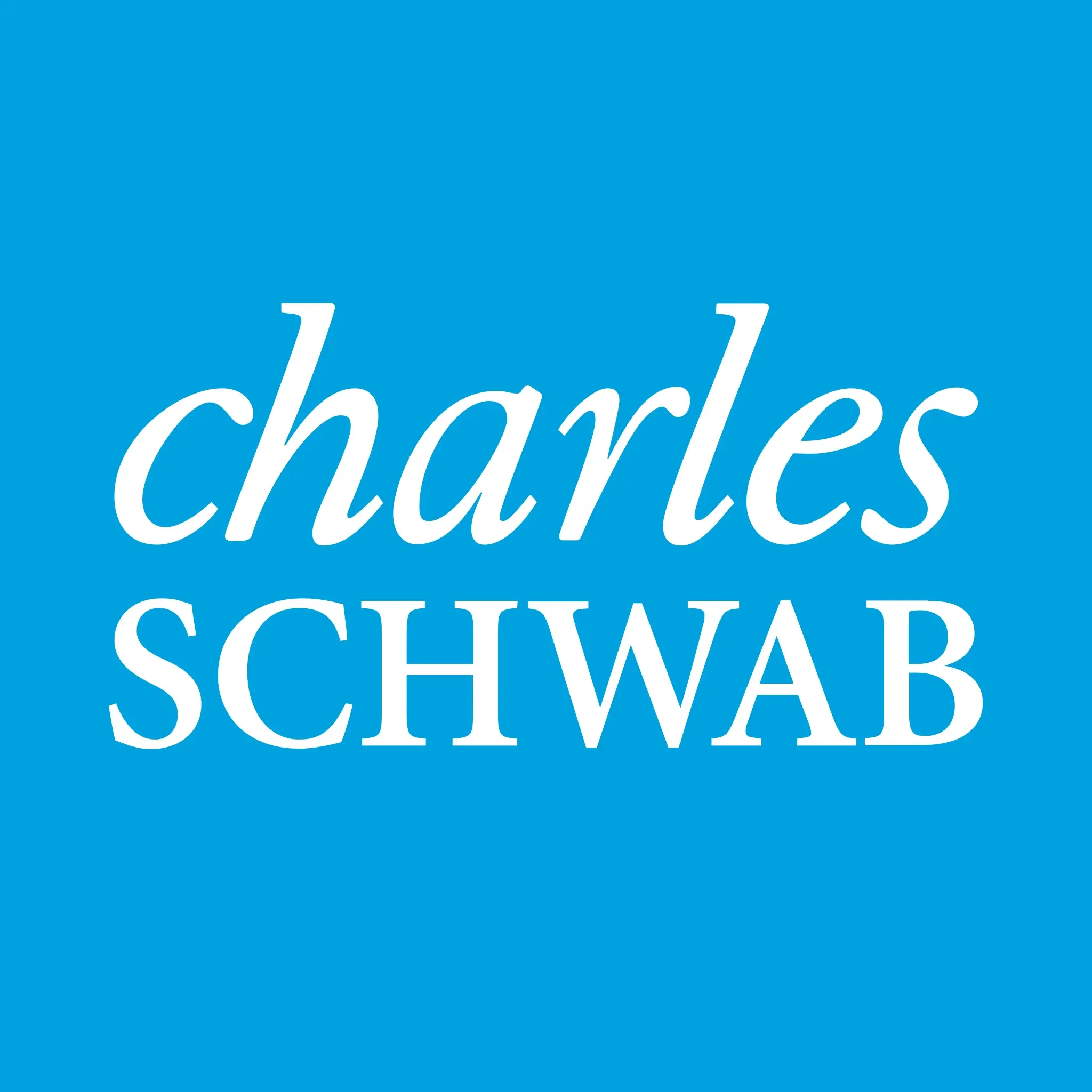
Charles Schwab also stands out as a superior alternative to Robinhood for advanced traders due to its extensive range of features and great customer support.
Following its acquisition of TD Ameritrade, Schwab offers the powerful thinkorswim platform, renowned for its professional-grade trading tools.
This platform provides advanced charts with over 400 technical studies, backtesting strategies, free Level 2 quotes, scanners, and alerts, catering to sophisticated trading needs.
Schwab also supports diverse investment options, including stocks, options, futures, mutual funds, and ETFs, allowing for complex and diversified trading strategies.
Additionally, Schwab excels in customer service, offering 24/7 phone support, email assistance, and in-person help at physical branches, alongside a wealth of educational resources such as podcasts, magazines, and live events.
With commission-free trades for stocks, ETFs, and options, Schwab is attractive for those seeking a feature-rich, reliable, and customer-friendly trading environment.
- Fees: Regarding Charles Schwab’s fees, the commission structure is highly competitive, with no commissions for stock, ETF, and options trades.
Options trades incur a contract fee of $0.65 per contract. Mutual funds that are not part of Schwab’s OneSource list have a transaction fee of up to $49.95 for buying and $0 for selling.
For futures, the fee is $2.25 per contract. Additionally, Schwab offers a comprehensive list of other low-cost trading options, maintaining a fee structure designed to support a variety of investment strategies.
- Minimum investment: Charles Schwab requires no minimum investment to open most accounts, including standard online brokerages accounts.
Pros of Charles Schwab
- Popular thinkorswim trading platform – Access to advanced tools and features.
- Top-tier research and educational resources – Comprehensive market analysis and learning materials.
- 24/7 customer support with multiple contact options – Reliable and accessible assistance.
- Commission-free trades for stocks, ETFs, and options – Cost-effective trading experience.
Cons of Charles Schwab
- No crypto trading – Limited asset class options.
- High margin rates – Increased borrowing costs for leveraged trades.
- Low interest on uninvested cash – Minimal returns on idle funds.
E*TRADE
- Best for: Comprehensive market research and advanced trading capabilities.

E*TRADE (acquired by Morgan Stanley) is an excellent alternative to Robinhood, particularly for investors who value extensive market insights and powerful trading tools.
E*TRADE offers a wealth of complimentary market research from reputable sources such as Thomson Reuters, Morningstar, and Market Edge. This provides users with high-quality analysis and reports at no additional cost, surpassing Robinhood’s limited and subscription-based research offerings.
E*TRADE’s platform features advanced charting tools, real-time data, and customizable screeners, making it easy for users to identify investment opportunities and track market trends.
Additionally, E*TRADE caters to a diverse investor base, including advanced traders, active day traders, and those focused on retirement planning.
Its user-friendly interface supports complex trading strategies, day trading, and derivatives trading while also offering tailored solutions for long-term retirement planning.
The platform’s seamless multi-device accessibility and 24/7 customer support further enhance the trading experience, making E*TRADE a comprehensive solution for many investors.
- Fees: E*TRADE offers commission-free trading on stocks and ETFs, while options trades cost $0.65 per contract with a reduced rate of $0.50 for active traders.
Mutual funds may have fees up to $19.99 per trade, but there are no-load, no-transaction-fee options available. Futures trading incurs a fee of $1.50 per contract.
- Minimum investment: E*TRADE has no minimum initial investment requirement for most accounts, making it accessible for investors to start trading with any amount. Specialized accounts or products may require a minimum deposit starting at $500, depending on the investment type.
Pros of E*TRADE
- Extensive market research tools – Access to high-quality analysis from top-tier sources.
- Advanced trading capabilities – Features sophisticated tools for executing complex strategies.
- Commission-free trades – No commissions for stocks, ETFs, and mutual funds.
- Comprehensive customer support – 24/7 assistance via phone and email.
Cons of E*TRADE
- Options trading costs – $0.65 per contract, which may be higher for some traders.
- Futures trading fees – $1.50 per side, potentially adding up for frequent traders.
Webull
- Best for: Intermediate and active traders seeking advanced tools and commission-free trading.

Webull is another important alternative to Robinhood to mention in this article, a platform tailored for intermediate to experienced traders who value advanced trading features and cost-effective investing.
The platform offers commission-free trading on stocks, options, ETFs, and an expanding list of cryptocurrencies, making it highly competitive in the online brokerage industry.
Webull’s platform integrates advanced tools such as real-time data, customizable charts with technical indicators, and a trading simulator for users to practice strategies risk-free.
This combination of sophisticated features and educational resources, including trading courses, empowers traders to make informed decisions and enhance their trading skills.
While Webull’s interface may initially seem complex for beginners accustomed to Robinhood’s simplicity, its comprehensive capabilities cater to traders looking into options and cryptocurrency markets.
Extended trading hours support active trading strategies, allowing users to capitalize on market opportunities outside regular trading hours.
- Fees: Webull offers commission-free trading on stocks, ETFs, options, and cryptocurrency, making it a cost-effective choice for investors. There are no fees for buying and selling stocks, ETFs, or options contracts, and cryptocurrency transactions incur no commission charges.
- Minimum investment: Webull requires no minimum initial deposit to open a brokerage account, ensuring accessibility for all investors. For options trading, it is recommended to have a minimum deposit of $2,000 to meet regulatory requirements and facilitate trading activities effectively.
Pros of Webull
- Commission-free trading – Stocks, options, ETFs, and most cryptocurrencies incur no trading fees.
- Advanced trading tools – Real-time market data, customizable charts, and technical indicators.
- Educational resources – Access to trading courses and a simulator for practice.
- Extended trading hours – Ability to trade during pre-market and after-hours sessions.
Cons of Webull
- Learning curve – Interface may be less intuitive for beginners compared to Robinhood.
- Customer support limitations – Availability of support channels and responsiveness can vary.
- Separate app for cryptocurrency – Need to use Webull Pay for crypto trading, requiring additional app download and management.
Fidelity Investments
- Best for: Beginner active investors and retirement planning.
Last but not least, in this category, Fidelity stands out as a good alternative option to Robinhood, offering a comprehensive platform that caters to both beginner and experienced investors.
As one of the largest brokerages, Fidelity provides a wealth of resources and tools designed to grow with any investment needs.
The platform is renowned for its extensive research tools, educational resources, and robust retirement planning support, helping users make informed investment decisions and plan for the future.
Fidelity offers commission-free trading on stocks and ETFs and low-cost options trading at $0.65 per contract. The platform supports various investment options, including mutual funds, bonds, ETFs, fractional shares, etc. With either broker, there are no account opening fees, annual or inactivity fees, or fees for domestic wires.
Customer support is a strong point, with 24/7 availability through phone, email, and live chat, supplemented by over 200 local branches for in-person assistance.
- Fees: Fidelity offers commission-free trading on stocks and ETFs, with options trades costing $0.65 per contract. There are no annual, transfer, closing, or inactivity account fees.
- Minimum investment: Fidelity requires no minimum investment for any of its accounts.
Pros of Fidelity
- Comprehensive resources – Extensive research tools and educational resources empower users with the knowledge needed for informed investment decisions.
- Cost-effective trading – Commission-free trading on stocks and ETFs, with options trading at a competitive rate of $0.65 per contract.
- Retirement planning – Fidelity provides robust support for long-term financial goals, making it an excellent partner for retirement planning.
- Customer support – 24/7 access through phone, email, and live chat, along with over 200 local branches, ensures users can always find assistance.
Cons of Fidelity
- No cryptocurrency trading – Fidelity focuses on traditional investments and does not offer cryptocurrency trading options.
- Complex user interface – The platform may not be as sleek and intuitive as Robinhood, which could present a learning curve for some users.
Top 5 Robinhood Alternatives for Crypto Trading
Binance
- Best for: Crypto traders and investors seeking diverse crypto options and advanced trading features.
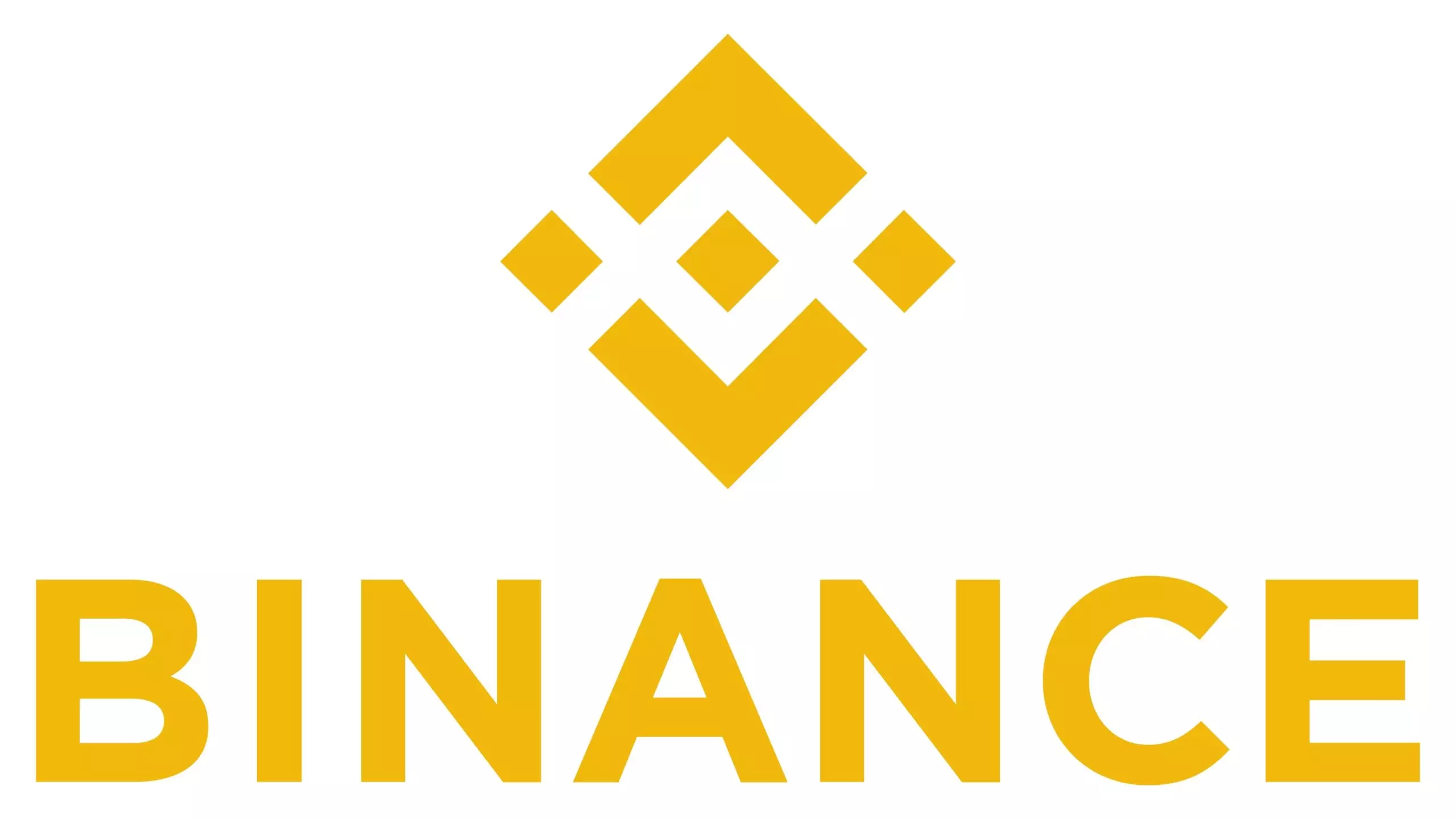
Binance is our premier alternative to Robinhood for cryptocurrency trading, supporting over 350 cryptocurrencies.
Known for its advanced trading interface and comprehensive set of tools, Binance offers API access and various online tools to help manage any investment account effectively.
Beyond trading, Binance provides additional earning opportunities such as mining, staking, liquidity providing, and loaning.
The platform is highly regarded for its 24/7 customer support and its position as a leading and innovative force in blockchain technology.
- Fees: Binance charges a standard trading fee of 0.1% per transaction, with discounts available for using Binance Coin (BNB) to pay for fees. Also, based on the 30-day trade volume, that fee gradually decreases.
- Minimum investment: No minimum investment is required, allowing users to start trading with any amount.
Pros of Binance
- Diverse cryptocurrency options – Supports over 350 different types of cryptocurrencies, offering extensive trading opportunities.
- Advanced trading tools – Provides API access and various online tools to manage your account and trades efficiently.
- Additional earning opportunities – Offers various ways to earn beyond trading, including mining, staking, liquidity providing, and loaning.
- Reputation and innovation – Known worldwide as a leading exchange and a pioneer in blockchain technology.
Cons of Binance
- Complexity – The advanced interface and extensive features may present a learning curve for beginners.
- Regulatory scrutiny – Binance has faced regulatory challenges in various countries, which could affect its operations and availability.
Kraken
- Best for: Security-conscious traders and those interested in margin trading.
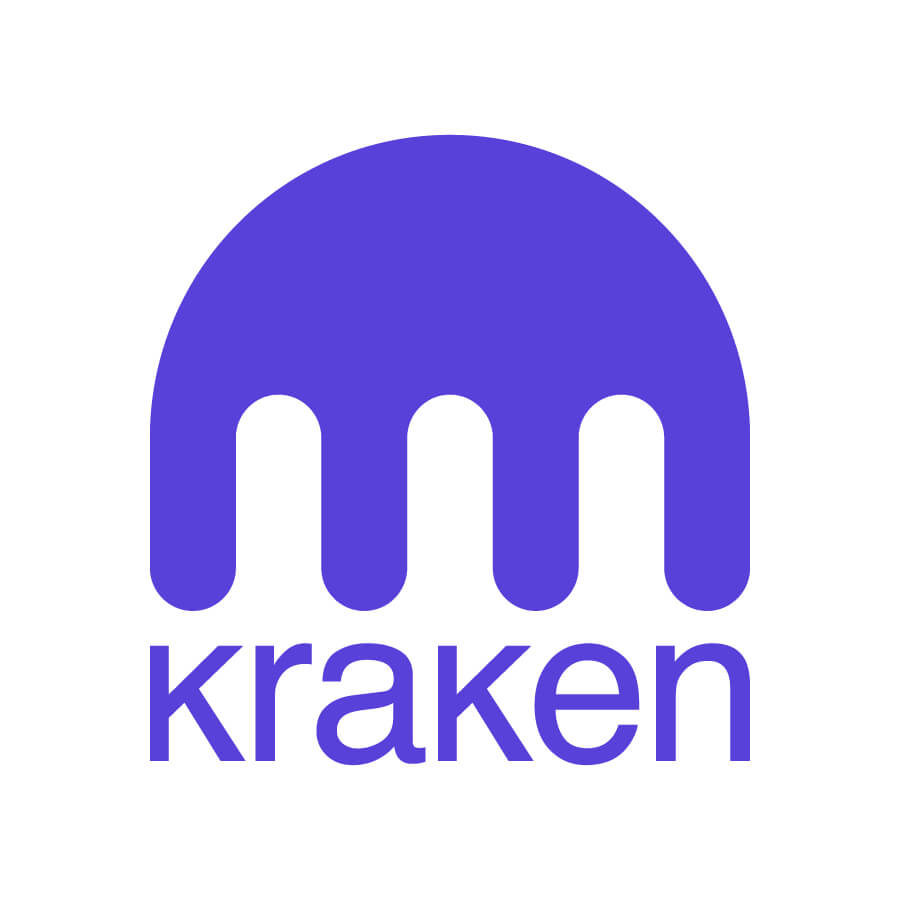
Kraken, established in 2011, is one of the most recognizable and secure alternatives to Robinhood for cryptocurrency trading. The platform supports trading in all major and minor coins, operating in over 600 markets.
Kraken is renowned for its strong security measures, which have maintained an excellent security record with no significant incidents.
The platform also offers margin trading with up to five times leverage, catering to more experienced traders looking to maximize their positions.
- Fees: Kraken’s maker fees range from 0% to 0.16%, while taker fees range from 0.10% to 0.26%. Margin trading fees vary depending on the specific trade and leverage used.
- Minimum investment: No minimum investment is required, allowing users to start trading with any amount.
Pros of Kraken
- High security – Known for its excellent security record, making it one of the most secure crypto exchanges.
- Wide range of markets – Operates in over 600 markets, offering a diverse selection of major and minor cryptocurrencies.
- Margin trading – Provides up to five times leverage, appealing to traders interested in maximizing their positions.
- Established reputation – Founded in 2011, Kraken has a long-standing presence and is well-regarded in the crypto community.
Cons of Kraken
- Complexity for beginners – The advanced features and interface might be challenging for novice traders.
- Higher fees for takers – Taker fees can be as high as 0.26%, which may be less competitive compared to other platforms.
Coinbase
- Best for: User-friendly experience and security-conscious investors.
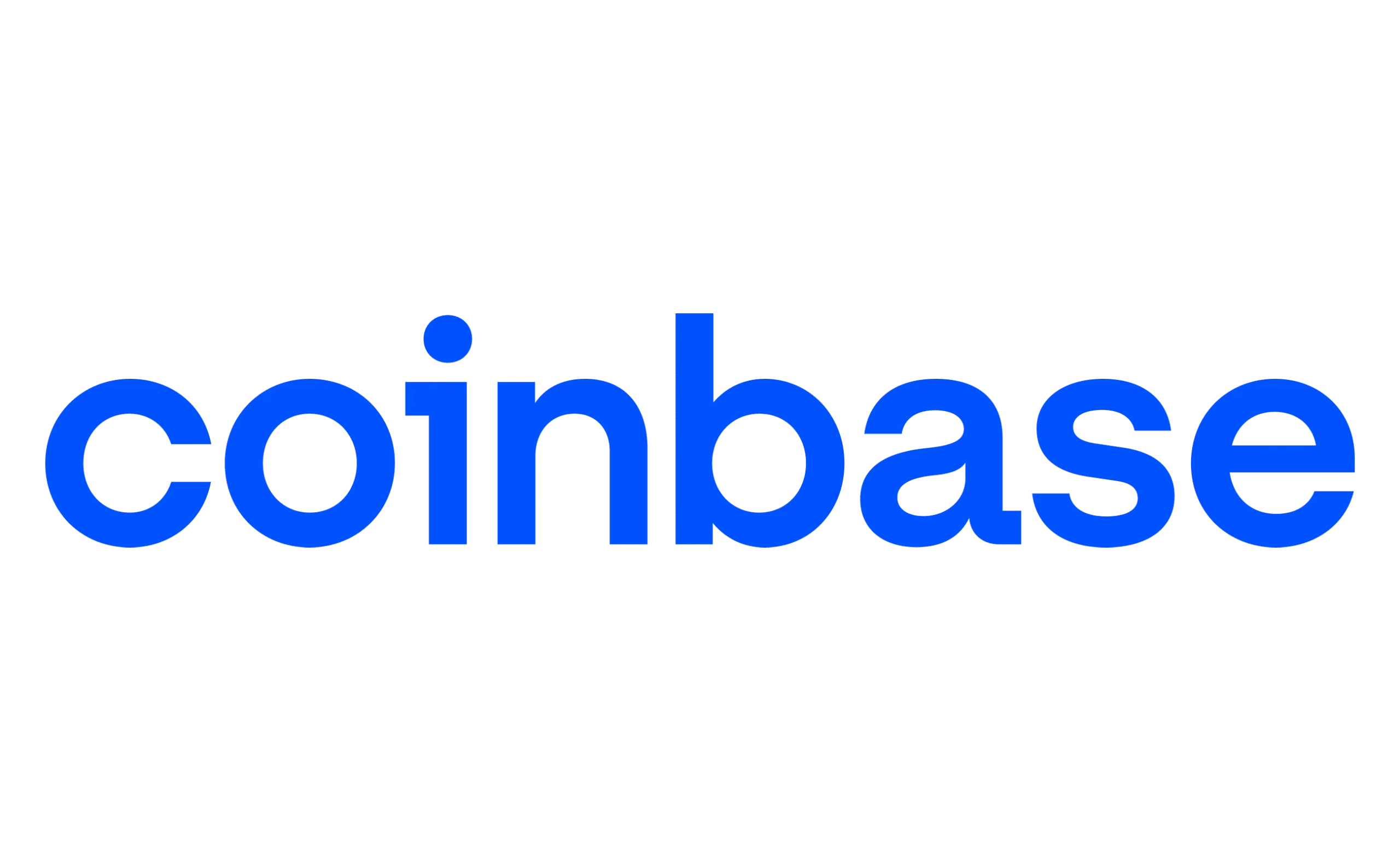
Coinbase, one of the largest and most widely used cryptocurrency exchanges globally, stands out for its user-friendly platform and straightforward trading features.
Founded in 2012 by Fred Ehrsam, Ben Reeves, and Brian Armstrong, Coinbase quickly gained popularity due to its ease of use and reliable services.
As the only crypto exchange listed on a stock exchange, Coinbase offers buying, selling, and withdrawing cryptocurrency, with funds deposited via debit card or linked bank account.
The platform is known for its lower withdrawal fees and full regulatory compliance, ensuring a secure environment for investors.
- Fees: When you buy, sell, or convert cryptocurrencies on Coinbase, fees are charged based on factors such as payment method, order size, market conditions, and jurisdiction. Fees are displayed in the trade preview screen before submitting the transaction and may vary for similar transactions.
- Minimum investment: No minimum investment is required, making it accessible for all levels of investors.
Pros of Coinbase
- User-friendly platform – Easy-to-navigate interface suitable for both beginners and seasoned traders.
- Regulated exchange – Provides a secure and reliable trading environment.
- Flexible funding options – Allows deposits via debit card or linked bank account.
- Lower withdrawal fees – Competitive fee structure for withdrawals.
Cons of Coinbase
- Higher transaction fees – Fees can be higher compared to some other platforms.
- Limited range of cryptocurrencies – Supports fewer coins than some competitors.
KuCoin
- Best for: Investors looking to diversify with a wide range of cryptocurrencies.
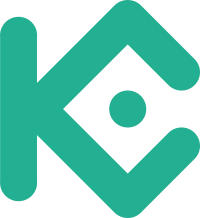
KuCoin is a top choice for purchasing newly established cryptocurrencies and building a diversified portfolio, supporting over 700 altcoins.
It frequently hosts trading tournaments for newly listed currencies, boosting the visibility of associated projects. With a user base exceeding 20 million worldwide, KuCoin offers futures, leveraged contracts, and USD-margin contracts.
Additionally, the platform provides various passive income tools, including customizable loan conditions for setting interest rates and terms.
- Fees: KuCoin charges a tiered fee structure based on trading volume and KuCoin Token (KCS) holdings. Trading fees start at 0.1% for both makers and takers, with discounts available for high-volume traders and KCS holders.
- Minimum investment: No minimum investment is required, making it accessible for all levels of investors.
Pros of KuCoin
- Extensive coin support – Supports over 700 altcoins, ideal for diversification.
- Trading tournaments – Promotes newly listed currencies, enhancing project visibility.
- Passive income tools – Customizable loan conditions and other income-generating options.
Cons of KuCoin
- Complexity – Advanced features may be overwhelming for beginners.
- Limited regulatory oversight – Less regulated compared to some competitors.
Gemini
- Best for: Beginners and those seeking an easy-to-use interface with educational resources.
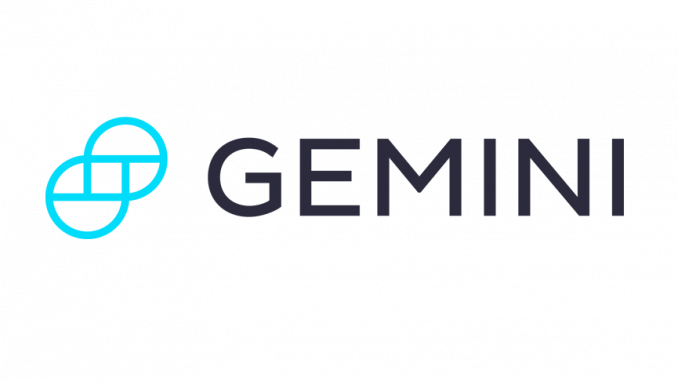
Gemini is our top crypto exchange for beginners, trading over 120 cryptocurrencies, significantly more than the coins available on Robinhood.
Gemini is designed to cater to novice traders with an easy-to-use interface and superior educational materials.
Although Gemini’s fees are slightly higher, starting at 0.2% for makers and 0.4% for takers, the platform compensates with its convenience and comprehensive resources.
Additionally, Gemini Staking allows users to earn passive income on their holdings.
- Fees: Maker fees start at 0.2% and taker fees at 0.4%, higher than many other crypto platforms.
- Minimum investment: No minimum investment is required, making it accessible for beginners to start trading with any amount.
Pros of Gemini
- User-friendly interface – Easy-to-navigate platform ideal for beginners.
- Extensive educational materials – Superior resources to help users learn about cryptocurrency trading.
- Wide range of cryptocurrencies – Supports over 120 different coins.
- Passive income opportunities – Gemini Staking allows users to earn on their crypto holdings.
Cons of Gemini
- Higher fees – Starting at 0.2% for makers and 0.4% for takers, fees are higher than other platforms.
- Complex fee structure – The convoluted fee structure can be challenging to understand.
What is Robinhood?

Robinhood is a popular online trading platform launched in 2013 by Vlad Tenev and Baiju Bhatt to simplify investing for everyone. It provides various financial services, including buying stocks (including fractional share trading), trading cryptocurrencies, and individual retirement accounts.
What sets Robinhood apart is its no-fee structure and the absence of account minimum or minimum investment requirements, which makes it particularly attractive to new investors.
Moreover, this user-friendly approach has resulted in Robinhood attracting millions of users each month and managing over $129.6 billion in assets as of Q1 2024.
Currently, Robinhood is available only in the US due to regulatory constraints, but many hope for its expansion to other countries. The platform also offers comprehensive information about cryptocurrencies, helping users make informed investment decisions.
Security is a top priority for Robinhood, featuring fingerprint and face recognition for account protection and participation in programs that ensure users’ funds are safe.
Conclusion
So, while Robinhood has its merits, the controversies and limitations have left many retail investors searching for better options.
The alternatives we’ve discussed provide various tools and features to enhance your trading experience, from stocks and crypto to mutual funds, options, ETFs, forex, and commodities.
Retail investors can find the perfect fit for their trading strategies and investment goals by exploring these platforms.
The post Top 10 Stocks and Crypto Robinhood Alternatives & Competitors appeared first on Coindoo.


